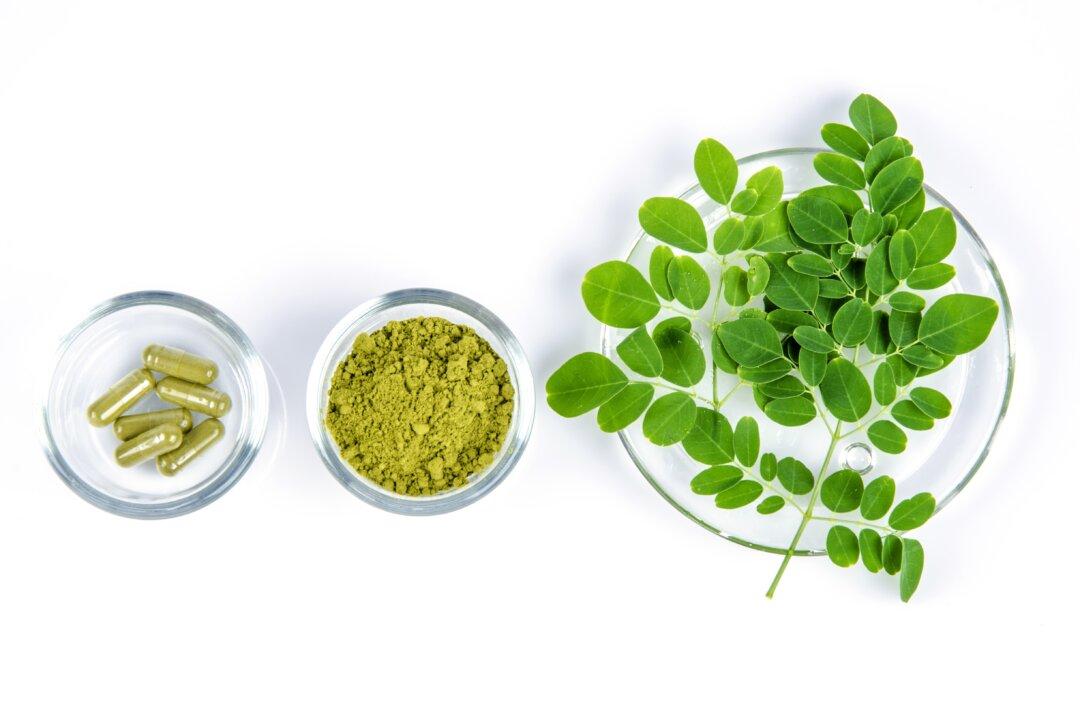Moringa oleifera is a plant with benefits and therapeutic uses that have been hailed for thousands of years.
Chock-full of healthy antioxidants and useful compounds, this large tree is native to North India and known by names such as drumstick tree, ben oil tree, and horseradish tree. Nearly all of its parts are consumed or used for herbal medicines, particularly the leaves and pods that are a dietary staple in parts of India and Africa.





